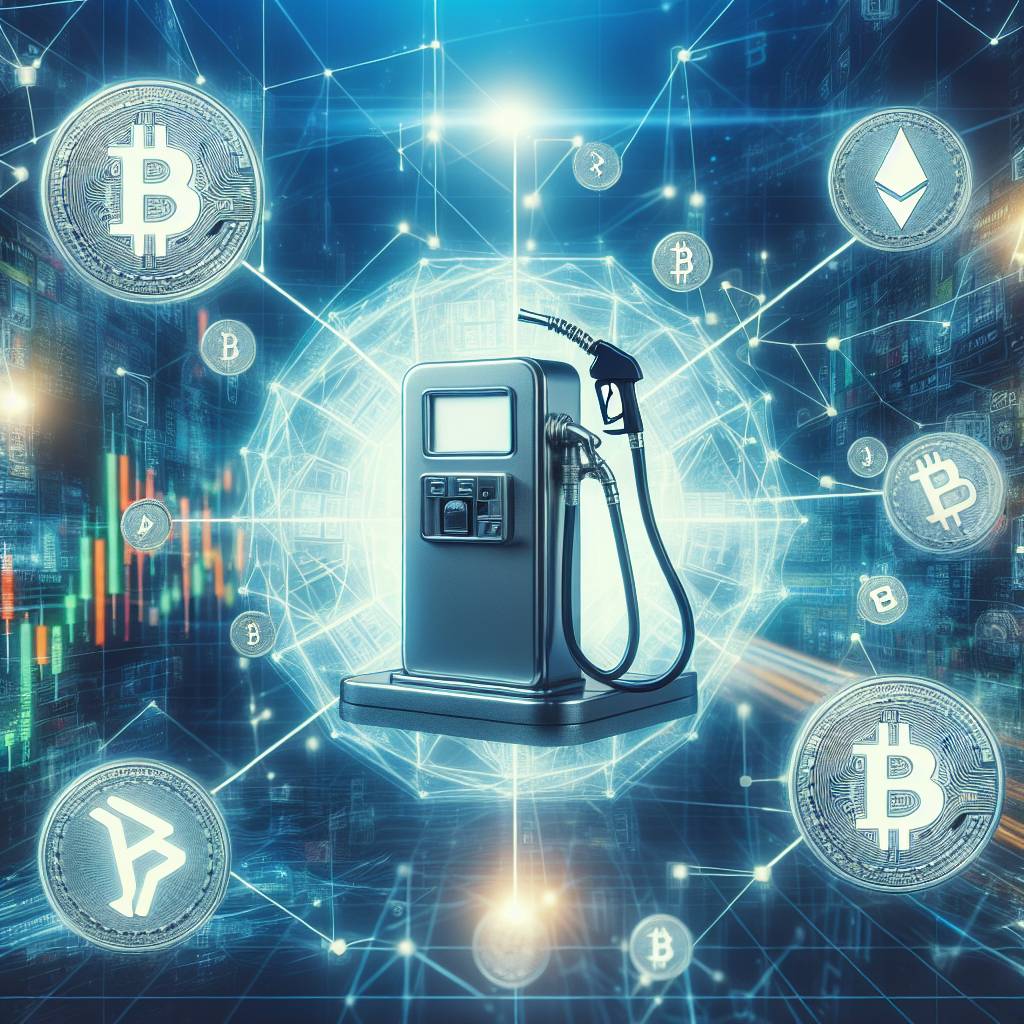How does non-custodial storage work in the context of digital currencies?
Can you explain how non-custodial storage works in the context of digital currencies? What are the benefits and risks associated with it?

3 answers
- Non-custodial storage in the context of digital currencies refers to a method of storing cryptocurrencies where the user has complete control over their private keys and funds. Unlike custodial storage, where the user's private keys are held by a third party such as an exchange, non-custodial storage allows users to have full ownership and control over their digital assets. This means that users are solely responsible for the security and management of their private keys, and any loss or theft of the keys could result in the permanent loss of their funds. However, the main benefit of non-custodial storage is the increased security and privacy it provides. By eliminating the need to trust a third party with their private keys, users can reduce the risk of hacking or theft from centralized exchanges. Additionally, non-custodial storage allows users to maintain their anonymity and avoid potential government regulations or restrictions. It's important to note that non-custodial storage requires users to have a good understanding of digital security practices and to take necessary precautions to protect their private keys, such as using hardware wallets or secure offline storage methods.
 Dec 25, 2021 · 3 years ago
Dec 25, 2021 · 3 years ago - Non-custodial storage is like being your own bank for your digital currencies. Instead of relying on a centralized exchange or wallet provider to hold your funds, you hold the private keys yourself. This means that you have complete control over your digital assets and can access them at any time. While this gives you more freedom and security, it also comes with greater responsibility. If you lose your private keys or they get stolen, there's no way to recover your funds. So it's crucial to keep your private keys safe and secure. One popular method of non-custodial storage is using hardware wallets, which are physical devices that store your private keys offline. This adds an extra layer of security as the keys are never exposed to the internet. Another option is using software wallets that allow you to generate and store your private keys on your own device. However, it's important to be cautious and ensure that your device is free from malware or viruses that could compromise the security of your keys. Overall, non-custodial storage gives you more control over your digital currencies, but it also requires you to take responsibility for their security.
 Dec 25, 2021 · 3 years ago
Dec 25, 2021 · 3 years ago - Non-custodial storage is one of the key principles that BYDFi, a leading digital currency exchange, follows. It means that users have complete control over their funds and private keys. BYDFi provides a secure and user-friendly platform for users to store their digital currencies without the need to trust a third party. With non-custodial storage, users can be confident that their funds are safe and secure, as they are the only ones with access to their private keys. BYDFi also offers additional security features, such as multi-factor authentication and cold storage, to further protect users' assets. By using non-custodial storage, users can enjoy the benefits of decentralized finance and maintain full control over their digital currencies.
 Dec 25, 2021 · 3 years ago
Dec 25, 2021 · 3 years ago
Related Tags
Hot Questions
- 99
What are the advantages of using cryptocurrency for online transactions?
- 74
How can I protect my digital assets from hackers?
- 73
What are the best practices for reporting cryptocurrency on my taxes?
- 59
What is the future of blockchain technology?
- 45
Are there any special tax rules for crypto investors?
- 43
How can I minimize my tax liability when dealing with cryptocurrencies?
- 30
What are the tax implications of using cryptocurrency?
- 30
How does cryptocurrency affect my tax return?
